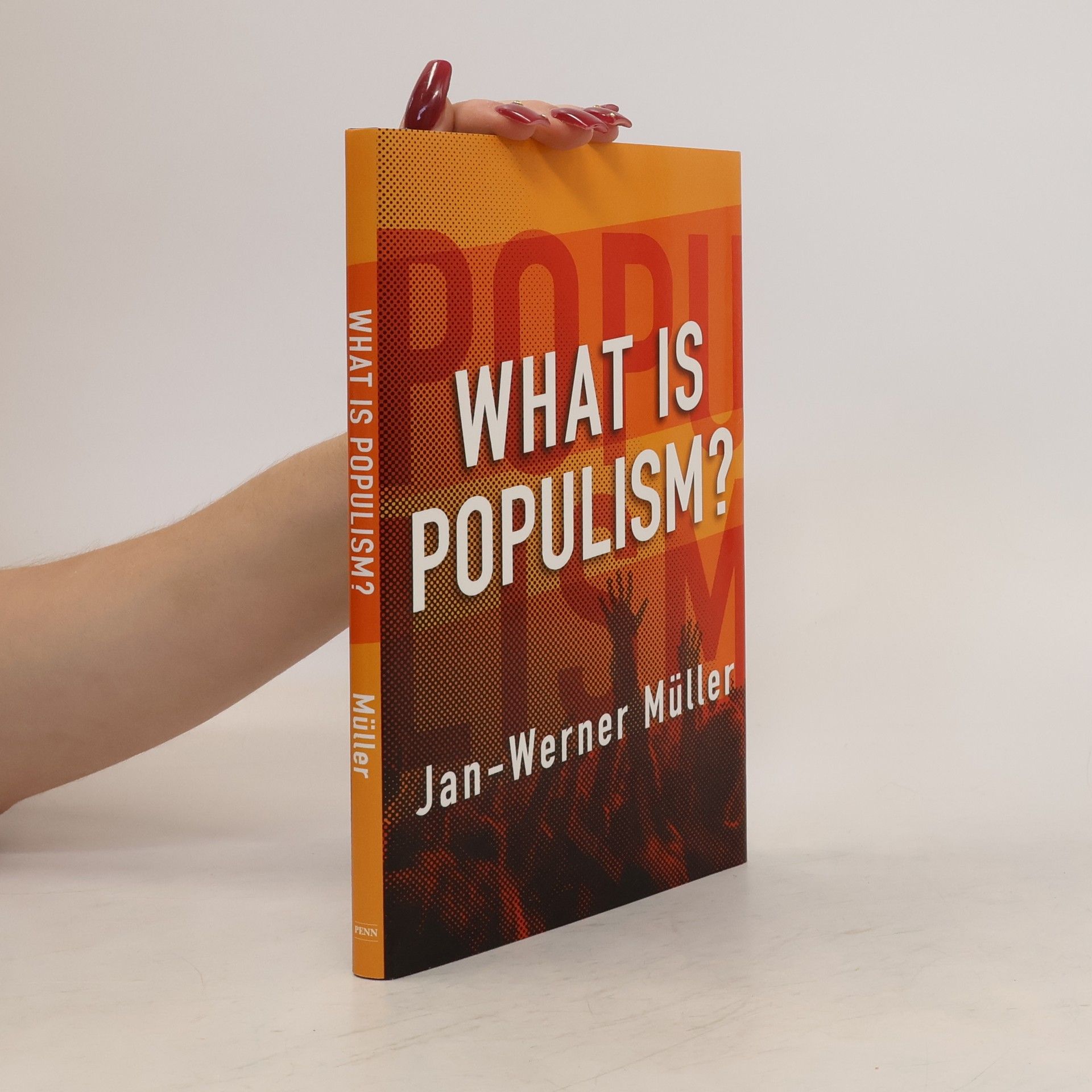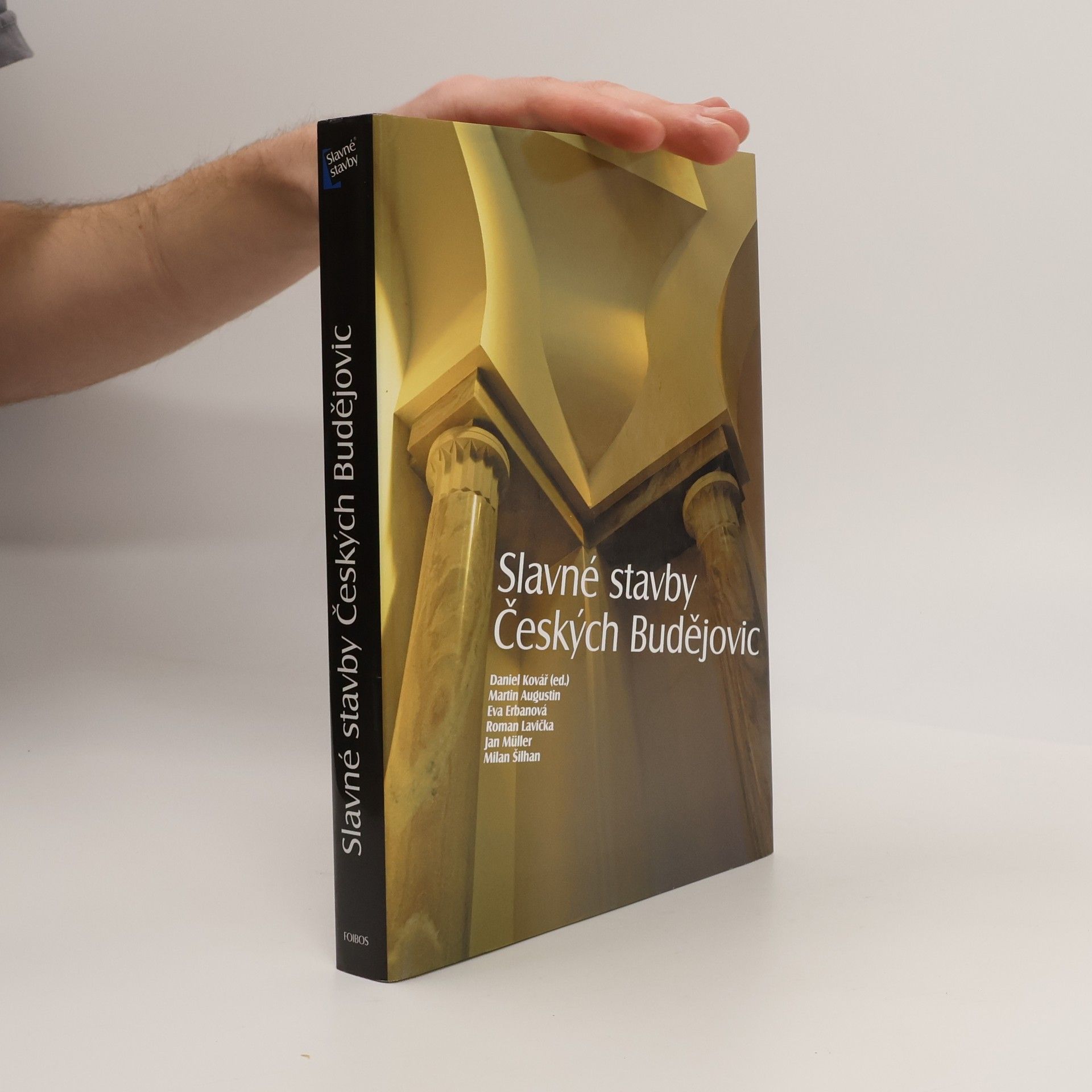Jan-Werner Müller Livres
Jan-Werner Müller est professeur de sciences politiques à l'Université de Princeton, se concentrant sur la pensée politique. Son travail explore l'essence des phénomènes politiques et l'évolution historique des idées politiques en Europe. Les essais et analyses de Müller sont appréciés pour leur profondeur et leur pertinence, paraissant fréquemment dans des journaux et revues littéraires de premier plan.






The Handy History Answer Book
- 640pages
- 23 heures de lecture
The Handy History Answer Book provides abundant information about many of the most frightful events of the past 5,000 years, including wars, disasters, epidemics, and so on. But it also supplies a context for the time with a wealth of information on invention, philosophy, science, politics, culture, sports, business, law, media, and religion. Presented in a question-and-answer format, It surveys significant people, times, and events worldwide, with a special focus on U.S. history from its origins to the present
German ideologies since 1945
- 288pages
- 11 heures de lecture
The contributors of this volume seek to answer such questions as: 'How did the Germans overcome 'Germanic Ideology', or did they?' 'Why is there no libertarianism in Germany?' 'What do German conservatives wish to conserve?'. Emphasizing shared patterns of thought, the contributors trace the contours of political thought in a divided nation with a difficult past, and ion the shadow of the culture and political values of the United States.
What Is Populism?
- 136pages
- 5 heures de lecture
"This work argues that at populism's core is a rejection of pluralism. Populists will always claim that they and they alone represent the people and their true interests. Müller also shows that, contrary to conventional wisdom, populists can govern on the basis of their claim to exclusive moral representation of the people: if populists have enough power, they will end up creating an authoritarian state that excludes all those not considered part of the proper 'people.' The book proposes a number of concrete strategies for how liberal democrats should best deal with populists and, in particular, how to counter their claims to speak exclusively for 'the silent majority' or 'the real people'"--Provided by the publisher.
In the wake of Brexit, Trump's election, and the influence of authoritarian leaders, democracy appears to be in decline. The ongoing struggle against the coronavirus has led many governments to adopt strict measures, fueling fears that democracy may be facing a terminal crisis. Yet, how many truly grasp what democracy entails? Political philosopher Jan-Werner Müller argues that to comprehend the current threats to democracy, we must first clarify its foundational principles. He posits that democracy relies not only on liberty and equality but also on uncertainty. Through historical and global examples, Müller emphasizes the need to revitalize political parties and free media, which have been crucial to democracy since the nineteenth century. He challenges conventional wisdom by offering concrete suggestions for renewing democracy's vital institutions, empowering citizens while maintaining roles for professionals like journalists and judges. Addressing pressing political issues, this work reexamines the meaning of democracy in an era marked by big data, curated news, weakened parties, and social alienation, proposing ways to reinvent the democratic social contract.
The Rik Veda is presented as a timeless and dynamic cosmic text, with a fresh translation that captures its meditative essence. Jan Müller’s commentary enhances understanding, revealing multiple interpretations and the depth of the Veda's teachings. This work appeals to both classical philologists and philosophical seekers, as it navigates the complexities of ancient wisdom while making it accessible to contemporary readers. The text serves as a guide for literature lovers and those seeking answers to life's profound questions.
hrdcover, no dustjacket as issued, beautiful pictures of Czech castles and country side, Plan of castle, 120 pages
Jako další z edice Slavné stavby vydává nakladatelství FOIBOS BOOKS knihu o architektuře Jihočeského města České Budějovice. Publikace představí 75 staveb. Autoři se snažili, aby zde byla zhruba rovnoměrně zastoupena jednotlivá období vývoje architektury, a zároveň se pokusili o určitou žánrovou pestrost. Byly vybrány stavby veřejné stejně jako soukromé, vrcholná díla i představitelé dobového architektonického průměru, ale i stavby průmyslové, dopravní, vodohospodářské a technické památky vůbec. Sešel se kolektiv šesti autorů, z nichž každý má svůj vymezený tematický „rajón“ a také trochu odlišný pohled na dějiny architektury a architekturu jako takovou. Na území Českých Budějovic se nachází značné množství historicky a památkově hodnotných budov, z nichž ovšem jen nepatrná část má statut kulturní památky, a je tedy (alespoň teoreticky) chráněna státem. Z objektů vybraných pro publikaci jsou za kulturní památku prohlášeny zhruba dvě třetiny. Vzájemnou diskusí a tříbením názorů dospěl autorský kolektiv k vyváženému představení toho nejzajímavějšího, co České Budějovice nabízejí po stránce stavební kultury. Texty jsou doplněny krásnými fotografiemi současného stavu historického centra a na konci je opět zařazena mapka s jednotlivě vyznačenými stavbami.



